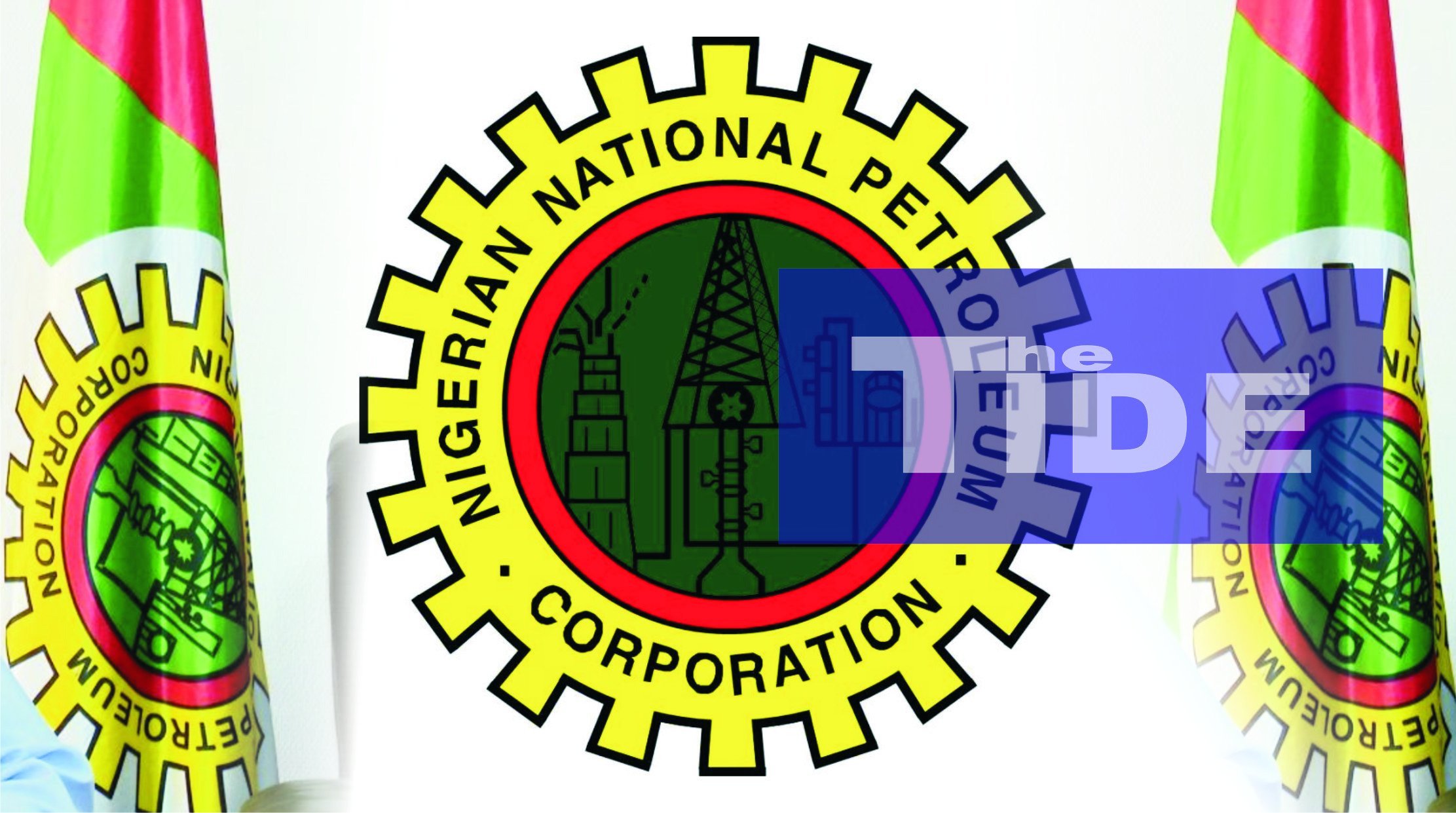Editorial
Fuel Subsidy Removal

While most Nigerians, especially watchers of the downstream sector of the hydro-carbon industry of the nation’s economy, are still pondering on the proclamation of the Nigerian National Petroleum Corporation (NNPC) over the sudden removal of subsidy on the pump price of petrol, others, particularly the main opposition, the Peoples Democratic Party (PDP) had described President Muhammadu Buhari’s subsidy regime as a monumental fraud and unpardonable sin against the Nigerian state.
NNPC’s Group Managing Director, Mr Mele Kyari, penultimate week announced that the era of subsidising petrol price was over for good.
“As at today, subsidy under recovery is zero. Going forward, there’ll be no resort to either subsidy or under-recovery of any nature. NNPC will just be another player in the market place. We’ll be there for the country to sustain security of supply at the cost of the market”, Kyari declared on the official twitter handle of the NNPC.
Obviously, the NNPC’s position is quite understandable. First, the reduction of petrol pump price from N145 to N125 and later to N123.50 (though yet to be fully implemented by marketers) may have been prompted by slump in crude oil price in the international market, occasioned by the deadly COVID-19 pandemic ravaging the globe.
Leveraging on the low crude oil price, the NNPC boss further explained that before exiting its subsidy regime, the Federal Government had very good understanding with strategic partners: governors, marketers, depot owners, PTD, among others, as, according to him, “there were no issues or grey areas whatsoever”.
As expected, Nigerians, civil rights groups, organised labour, non-governmental organisations (NGOs) among others reacted sharply to the sudden removal of subsidy by the APC-led Federal Government.
The PDP in a statement described fuel subsidy regime under President Buhari as a monumental fraud and unpardonable scam against Nigerians.
While declaring the subsidy removal as dramatic, PDP’s spokesman, Kola Ologbondoyan, admonished the APC-led administration to “stop lying to Nigerians and tell them the truth of trillions of Naira claimed to have been paid as subsidy but cornered by APC leaders for campaigns and to oil their ego”. He urged the Minister of State for Petroleum, Timipre Sylva, to muster the coverage to open up.
Infact, the PDP may not have acted in isolation as many other well-meaning Nigerians had called for forensic auditing of trillions of Naira that had been siphoned through the subsidy regime in the last one decade or so.
Though the main opposition party may have fingered the APC-led administration but the fact remains that there is more to the subsidy regime than meets the eye and only a thorough and independent inquiry could unravel the mystery and sharp practices that had, over the years, characterised the subsidy imbroglio.
We recall that the Senate Committee on Downstream Petroleum Sector told the 8th Assembly that over N11 trillion was paid over six years to oil marketers who connive with well-placed Nigerians to defraud the country under the subsidy regime.
The Tide believes that the controversy surrounding the subsidy regime will be over if conscious efforts are made to revive and rehabilitate the nation’s four refineries located in Port Harcourt, Warri and Kaduna.
It is, indeed, saddening and a national shame that Nigeria, the sixth largest oil producer in the world, still imports petroleum products 60 years after commercial production of crude oil resource. What an irony!
The way forward remains to refine our crude locally for domestic consumption and exporting the excess. The question of subjecting the sale of petroleum products to market forces in a fragile economy such as Nigeria’s is unrealistic and injurious to local consumers as goods and services will always increase if market forces determine prices of products.
It is unthinkable that Nigeria’s four refineries with 450,000 barrels refining capacity have remained dormant over the years while the country spent trillions of Naira in the name of fuel importation and subsidy payment.
The Tide thinks that if the Federal Government does not muster sufficient political will to revive the refineries, the worst that could happen is to either privatise or commercialise them for local consumption.
For us, removal of fuel subsidy is not the best option for Nigerians, rather let our refineries work now or never.
Editorial
AFCON ’25: Bravo, Super Eagles, But…

Editorial
Fubara: Celebrating A Leader At 51

Editorial
Beyond Accessing Bonny By Road

-

 Politics3 days ago
Politics3 days agoPFN Rejects Call For INEC Chairman’s Removal Over Genocide Comments
-

 Rivers3 days ago
Rivers3 days agoFasthire, PHCCIMA, CIPM Host CareerFest 2026 In PH
-

 Sports3 days ago
Sports3 days agoEnekwechi wins Orlen Cup in season opener
-

 Politics3 days ago
Politics3 days agoHoodlums Disrupt LP-ADC Defection Event In Lagos
-

 Sports3 days ago
Sports3 days agoFalconets, Senegalese Lionesses arrive Ibadan for qualifier
-

 Sports3 days ago
Sports3 days agoSimba open Nwabali talks
-

 Politics3 days ago
Politics3 days agoRemoval From INEC’s Portal, Abure-Led LP Faction Mulls Legal Action
-

 Niger Delta3 days ago
Niger Delta3 days agoTinubu, Jonathan, Diri Pay Last Respect To Ewhrudjakpo

